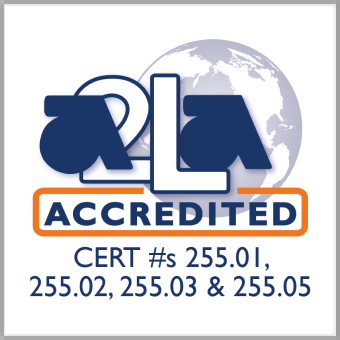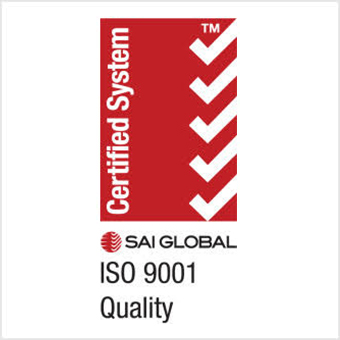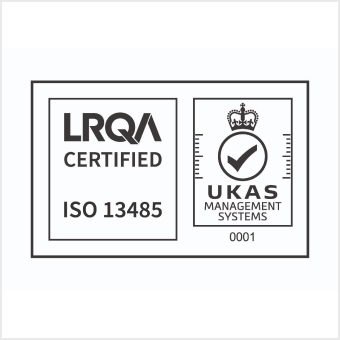ARDL offers qualitative and quantitative analysis of the composition of natural and synthetic polymers. We perform extract analysis using ASTM and USP methods to determine the amount and type of some or all major constituents of a polymer compound. To perform the analysis, a sample is placed in filter paper, extracted for 16 hours with acetone or diethylether at reflux conditions using an extraction apparatus and the weight percent of extractables is determined after the solvent is removed. The solvent removes plasticizers, processing aids, organic accelerators or their decomposition products, fatty acids, antioxidants, antiozonants, resins, free sulfur, flame retardants and other organic additives. These additives are identified when ARDL's complete chemical analysis is ordered. The extractable content must be carried out if the rubber hydrocarbon content (RHC) is to be determined.
21CFR211.94(a)(b)
USP 381
USP 381
USP 661
USP 661




